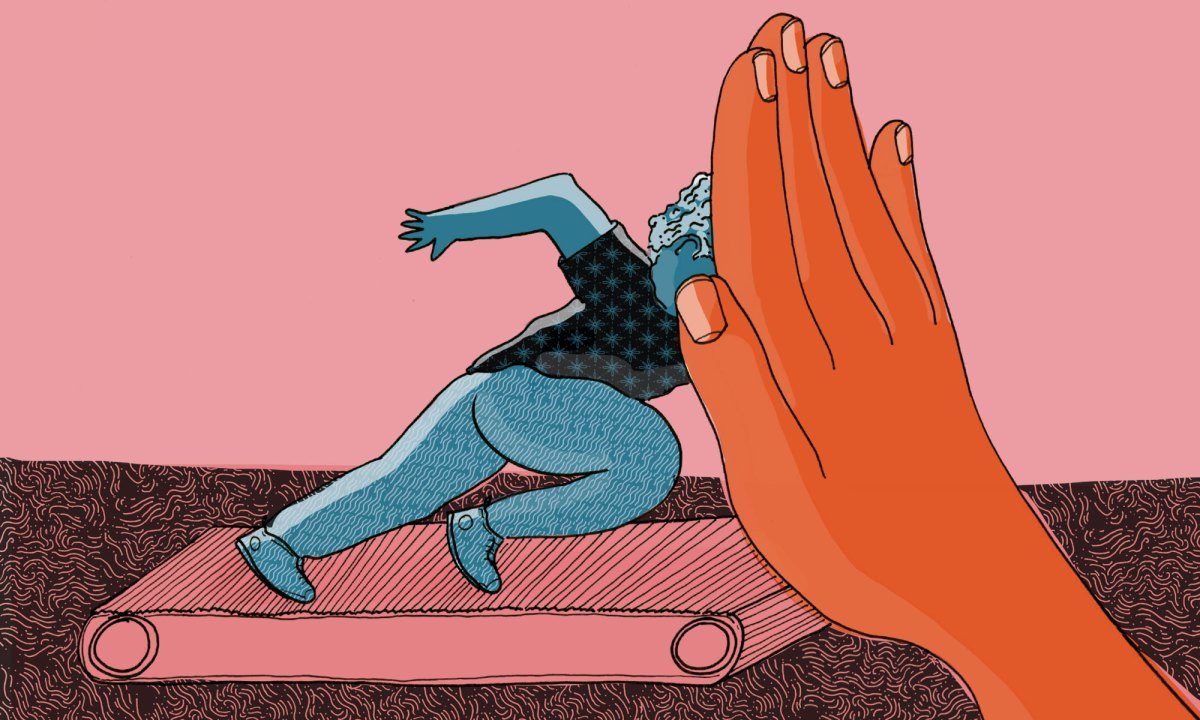“I love my rejection slips. They show me I try.” Slyvia Plath
Until recently, I thought that self-confident people were not afraid of rejection. Now I realize that this is not wholly related to self-confidence. There are a lot of self-confident people who are fearful of rejection. Frankly, this attribute exists only in a few people, and in most cases, they have overcome this fear by pressing the issues they experienced. Think about it, which one of us wouldn’t bother hearing “no” as an answer? Maybe just because of this, many of us are lacking the ability to negotiate. If you can’t negotiate with people without feeling anger, you should know that the biggest responsible for this is the discomfort caused by rejection. For example, imagine seeing a stranger at the bar; you want to say hello and just chatting. If you think this is a tense moment, then you are like the majority of people. Have you considered the feeling that lies beneath this tension? Our ego cannot bear “no” even from a stranger who will never see us again for the rest of our lives. Let’s change the scene in our minds and think about our business environment; when did you last demand the rise you felt you deserved? How long have you generally defended a subject in your workplace that you believe it is true, regardless of what other people think?
After being used to submit to the norms of society, the man began to fear being rejected by society. There are many experiments on this. Perhaps the most famous one is the Asch experiment published in 1953.1
This experiment aimed to understand the impact of society in our decision-making processes. In the experiment, the participant was told participating in a visual perception test. The other people in the research are actors, and subjects did not know this. In the experiment, there are four lines on a paper; one is on the left and three on the right part of the paper. Participants were asked for deciding which of the line is equal in length of the left one. Even though lines of the same length can be undoubtedly noticed, actors deliberately respond incorrectly. The subjects mostly were abided the wrong answers of society. The experiment has been applied many times and ended up with similar results. The reasons under this result might be that we are social beings and afraid of being rejected and being excluded or being left alone.
The fear of rejection is a feeling that we all have in our lives more or less. Jason Comely, a Canadian entrepreneur who had realized this feeling, wanted to change it and developed a game called “Rejection Therapy”2 to overcome this fear. Nowadays, Jia Jiang3, another entrepreneur who also has an interest in the same subject, owns the “Rejection Therapy” game and try to help people overcome their fear of rejection.
In this game, you try to be rejected every day for 30 days on a subject, and only when you are denied, you can win the game. The rules of the game are straightforward, and you can play on your own.
Write your requests on 30 small paper/card: To win the game, you must make a reasonable but daring request to be rejected. For example, asking for a phone number from a stranger, or trying to borrow your neighbor’s car for the weekend, or demanding a good discount in a shop or a market, etc.
Each day, you randomly select a card and try to be rejected: If someone gives you what you want, it’s a failure. Try again until it is rejected.
Be considerate and kind to your demands:
-Never make rude or sex-related demands.
– Express your thanks and leave when you get the “no” as an answer.
-Keep in mind that some people are too sensitive to stranger offers. If you find that the person in front of you is anxious or worrisome, apologize and move away.
Start with simple wishes: As a trial, you can try to get your first rejections from your close family.
Get used to “no” as an answer: The primary goal in the game is to alleviate the uncomfortable feeling of being rejected. So in this game, the more a person rejected, the more he will be a better player. So, get used to it.
Think about what you can gain: The fear of being rejected slows us down in our work and in our private lives, sometimes even preventing us from defending the truth. This game will help us learn not to care much about rejection and support not to lose control in times of rejection and negotiate.
Practice: As with any skill, getting used to a “no” requires practice.
Coping with the feeling of rejection will help you to become a more successful negotiator in business and private life. When you see that rejection is not the end of the world, one more obstacle will be deleted from your life. Come on, take your pen and paper and start the game.
Note: This article describes the method of playing in the classic form where the game was first written.
References:
1- https://www.youtube.com/watch?v=ZMqm8yAahYA
2- https://www.wikihow.com/Play-the-Rejection-Therapy
3-https://www.ted.com/talks/jia_jiang_what_i_learned_from_100_days_of_rejection

